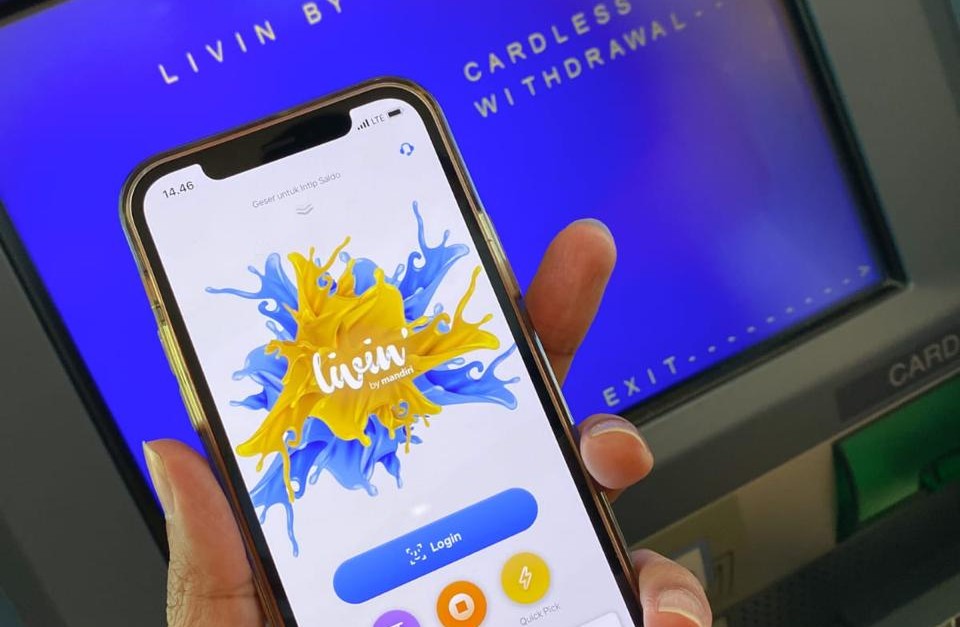In the past three years, large banks in Indonesia, including Bank Mandiri, BCA, BNI, BRI, BTN, Bank Permata, and most recently BSI, have launched their own super apps, offering comprehensive financial services at the fingertips of users. This shift towards super apps has posed a significant challenge for digital banks, which, despite leveraging technology and modern customer preferences, now face competition from traditional banking giants with more substantial capital and advanced risk management capabilities. These super apps have enabled large banks to enter the same market segment that was traditionally dominated by digital banks.
Previously, there was a trend where smaller banks were acquired and transformed into digital banks, capitalizing on technological advancements and the younger generation's preference for digital banking. These digital banks were able to offer services without the need for physical branch visits, meeting the growing demand for more accessible financial solutions.
Amin Nurdin, Senior Faculty member at the Indonesian Banking Development Institute (LPPI), pointed out that banking is a capital-intensive industry. Both digital and conventional banks must strengthen their capital in order to remain competitive. He emphasized that super apps represent a new trend in digital banking services, one that will likely become essential in the industry moving forward. Currently, only the largest banks have the capacity to implement such services, but it’s expected that even medium and small banks will eventually adopt this model.
According to Nurdin, super apps are essentially the response from large banks to the competitive pressure from fintech companies and digital banks. “They see this as a challenge and have responded by launching a new business model through super apps,” he explained. These super apps offer a one-stop solution for all banking needs, ensuring that large banks remain competitive and relevant in a rapidly evolving market.
Market observer Asep Muhammad Saiful Islam noted that the introduction of super apps by Indonesia’s seven largest banks highlights the necessity of this strategy in the digital age. He believes that super apps are a more cost-effective approach compared to acquiring smaller banks and transforming them into digital entities. “Super apps offer high scalability and strengthen customer relationships by providing a more comprehensive service offering without disrupting the bank’s core operations,” Islam said.
While acquiring smaller banks can expedite entry into new market segments, especially for reaching unbanked populations, it also presents challenges such as integration difficulties, high investment costs, and a longer timeline for building customer trust. According to Islam, for large banks that already have a robust ecosystem, developing a super app is a more efficient and strategic move. It allows them to leverage their extensive customer base, advanced technology infrastructure, and integrated services to improve operational efficiency and drive revenue.
However, acquiring smaller banks still remains a viable option when the goal is to target a specific market segment with a more focused approach. In the end, while super apps offer a comprehensive solution for large banks, acquisitions could still play an important role in expanding market reach and fostering innovation.
CNBCINDONESIA
Read More






 Friday, 06-02-26
Friday, 06-02-26







